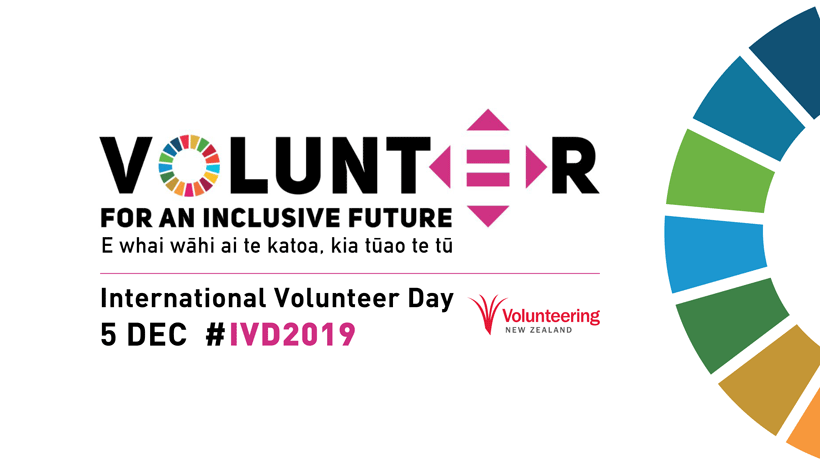Here are five, accessible resources/ links to support volunteer wellbeing.
1. Te Whare Tapa Whā model of wellbeing
This holistic wellbeing model was developed by leading Māori health advocate Tā Mason Durie in 1984, describing health and wellbeing as a wharenui. It is a metaphor based on four pillars of a wharenui/ meeting house. When we look after all four aspects, we look after our hauora/ wellbeing. Checking in on the four pillars helps us balance our hauora and support others to balance theirs, too.
Te Whare Tapa Whā model of wellbeing
2. Free self-help tools and apps
A list of free tools and apps you can access anytime. Topics include:
- general wellbeing
- Cognitive Behavioural Therapy (CBT), and
- targeted support for young people.
3. The Five Ways to Wellbeing
This is a set of five simple, evidence-based actions which can improve wellbeing in everyday life.
4. Coping with change-related resources:
Change can be exciting, but also challenging, upsetting, and tiring, and may make maintaining your wellbeing more difficult. It’s completely normal to have an emotional reaction to change and to find some days easier or harder than others.
It may also help to talk with others and share how you’re feeling at this time.
- A one-page resource from the New Zealand Red Cross: Leading through change (PDF file, 1.8MB)
- This A3 poster was written for People Leaders within NZRC: Tips for building resilience through change (PDF file, 100KB)
5 Helplines and local mental health services
In the Mental Health Foundation downloadable PDF guide below you’ll also find contact details for providers with expertise in anxiety, depression, addiction, family harm, parenting and more. Please reach out to them if you or someone you know needs support.
Helplines and local mental health services (PDF, 243KB)





About The Author: Michelle Kitney
Chief Executive, Volunteering New Zealand
More posts by Michelle Kitney